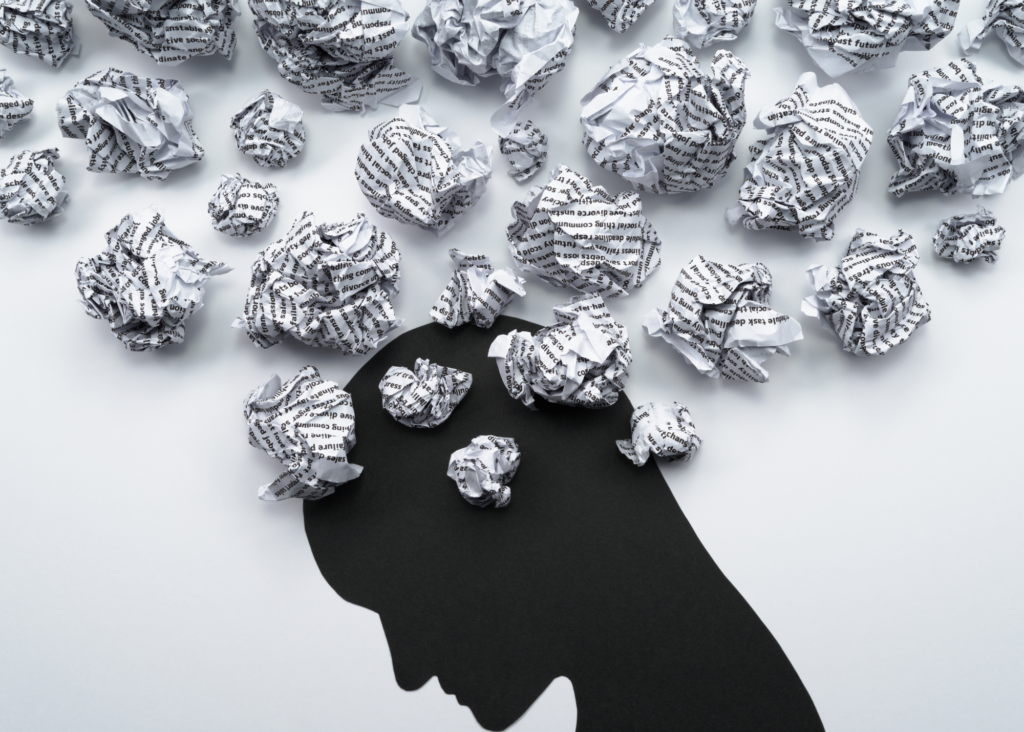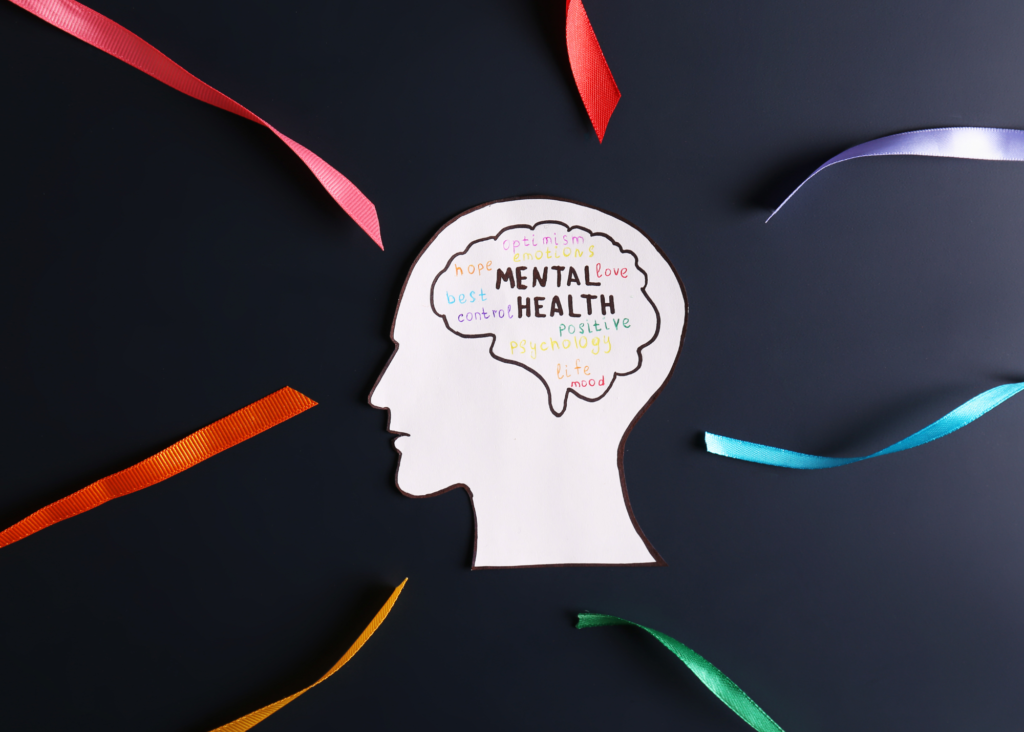July 17
10 Common Types of Behavioral Issues

Behavioral issues, sometimes called behavioral disorders, occur in children and adults. These issues can severely impact a person’s mental health, social skills, and self-esteem. They can also affect the family members of the person with the behavioral disorder.
Behavioral issues often start showing up in young children and adolescents. A lot can be done to treat the disorders, so young people live happier and healthier lives. Some signs that a child may have a behavioral disorder are disruptive behavior, tantrums, or acting out overall.
If addressed promptly, especially in early childhood, through psychotherapy, family therapy, or other modalities, children can adapt and thrive as they grow up into adults.
In this article, we will review some of the most common types of behavioral issues and ways to manage them.
- Attention Deficit Hyperactivity Disorder (ADHD)

Children and adults who show signs of inattention for long periods of time, are hyperactive, or even impulsive, could be experiencing attention deficit hyperactivity disorder or ADHD. Thankfully, the healthcare options for ADHD have improved drastically in the last few decades.
People who experience ADHD may exhibit aggressive behavior or impulsive behaviors, sometimes acting absent-minded or forgetful.
While ADHD can’t be fully cured, there are treatment plans available to people who may be experiencing symptoms. One incredibly effective therapy is cognitive behavioral therapy (CBT) which aims to rewire how you think and act. Additionally, depending on the person, anger management may be a helpful form of treatment. There are also multiple drugs available to people with ADHD, like stimulants and cognitive-enhancing medication. Work with a mental health professional who specializes in ADHD to find the best treatment for you or your family member.
- Oppositional Defiant Disorder (ODD)
If a child disobeys authority figures or is extremely defiant, they may have oppositional defiant disorder. Children with this mental health condition can show signs of aggressive behavior, irritability, and argumentative behavior.
ODD can be caused by simple genetics and the child’s environment. If they lack support, have odd disciplinary rules, or experience neglect and abuse, it may lead to ODD.
Depending on the severity of the child’s behavior, there are different therapeutic options that may be helpful, such as cognitive behavioral therapy, group therapy, or family therapy.
- Conduct Disorder
Conduct disorder impacts children and teens and can be caused by a number of things, including neglect or abuse, traumatic brain injury, or genetics. While people with ODD are defiant because there is an authority figure telling them what to do, people with conduct disorder are simply acting aggressive or defiant because they enjoy the risk factors.
People with conduct disorder often show intense aggression toward people and animals, destroy property, and lie consistently. Similar to most disruptive behavior disorders, conduct disorder can be treated with individual psychotherapy, adolescent psychiatry, and cognitive behavioral therapy.
- Obsessive-Compulsive Disorder (OCD)
People with obsessive-compulsive disorder (OCD) exhibit obsessive thoughts and repetitive behaviors. OCD can lead to a lot of fear, sometimes around germs or how to arrange certain objects.
On a day-to-day basis, OCD may look like repetitive behaviors, impulsivity, social isolation, and sometimes depression or anxiety. If left untreated, OCD can severely impact a person’s mental health and connectivity with the outside world.

Some medications can be helpful for people with OCD, as well as therapeutic treatment, like support groups, emotional behavior therapy, and cognitive behavior therapy.
- Anxiety Disorders
Anxiety disorders are becoming more common every year. People with anxiety disorders experience an extreme amount of worry, stress, and fear. These feelings can often get in the way of their day-to-day life.
There are a few types of anxiety disorders, such as generalized anxiety disorder, phobias, social anxiety disorder, and panic disorder. There are self-treatments for anxiety disorders, including reducing alcohol and caffeine intake, exercising regularly, and using relaxation techniques such as meditation.
Beyond self-treatment, people with anxiety disorders can also find support in therapy and medications.
- Trauma- and Stressor-Related Disorders
Trauma- and stressor-related disorders include post-traumatic stress disorder (PTSD) or acute stress disorder. People experiencing these types of disorders often have intrusive thoughts, avoidant behaviors, and jumpy behavior. They can become easily irritated and exhibit self-destructive behaviors.
Treatment for these types of disorders varies but may include therapies like cognitive behavioral therapy or eye movement desensitization and reprocessing (EMDR) therapy. Similar to other disorders, group therapy and support groups may be helpful for people who are experiencing trauma- or stressor-related disorders.
- Mood Disorders
Mood disorders are behavioral disorders that cause severe changes in mood. The most common mood disorders are depression and bipolar disorder. Adults and children can be affected differently by mood disorders. Children are more likely to feel physical symptoms, like headaches or stomach aches, and adults may be more deflated or sad overall, showing more mental symptoms.
Mood disorders can be treated with medication, like antidepressants or mood stabilizers, and can work even better when done with proper therapeutic intervention.
- Behavioral Issues Related to Substance Abuse
Substance abuse, including drugs and alcohol, can often lead to or exacerbate behavioral problems. People with substance use disorder may experience irritability, impulsivity, anger, aggression, or withdrawal from social settings.
Behavioral issues like anxiety or depression can lead to substance abuse and vice versa, substance abuse leading to increased behavioral issues. Substance abuse can change the brain, which may cause mood swings, aggressive behaviors, and impaired judgment.
For those seeking help, the Substance Abuse and Mental Health Services Administration has a helpline that can get you treatment options and walk you through next steps. Additionally, there are recovery centers and therapists across the country who are ready to support folks with substance-abuse disorders.
Coping Strategies for Parents and Caregivers
Family members and caregivers for people with behavioral issues need support, too. The most important thing that caregivers can do is to take care of themselves first, otherwise, they may burn out from only taking care of those in their lives with behavioral issues.
Caregivers should also focus on clear communication with the person with behavioral issues. This minimizes the opportunity for explosive reactions and also models healthy communication for them, as this may not come naturally.
It’s also important to find people who support you—family, friends, support groups, etc. Being able to rely on and speak to people other than the person you’re caring for will be incredibly important to your long-term health.

Get Behavioral Health Support and Treatment at LCH
Behavioral issues can impact people of all ages, so it’s important to understand the landscape of disorders and be able to address them head-on. There are many resources available to assist with behavioral issues.
If you or someone you know needs support, LCH is here to help. Support for behavioral issues can change your life.
